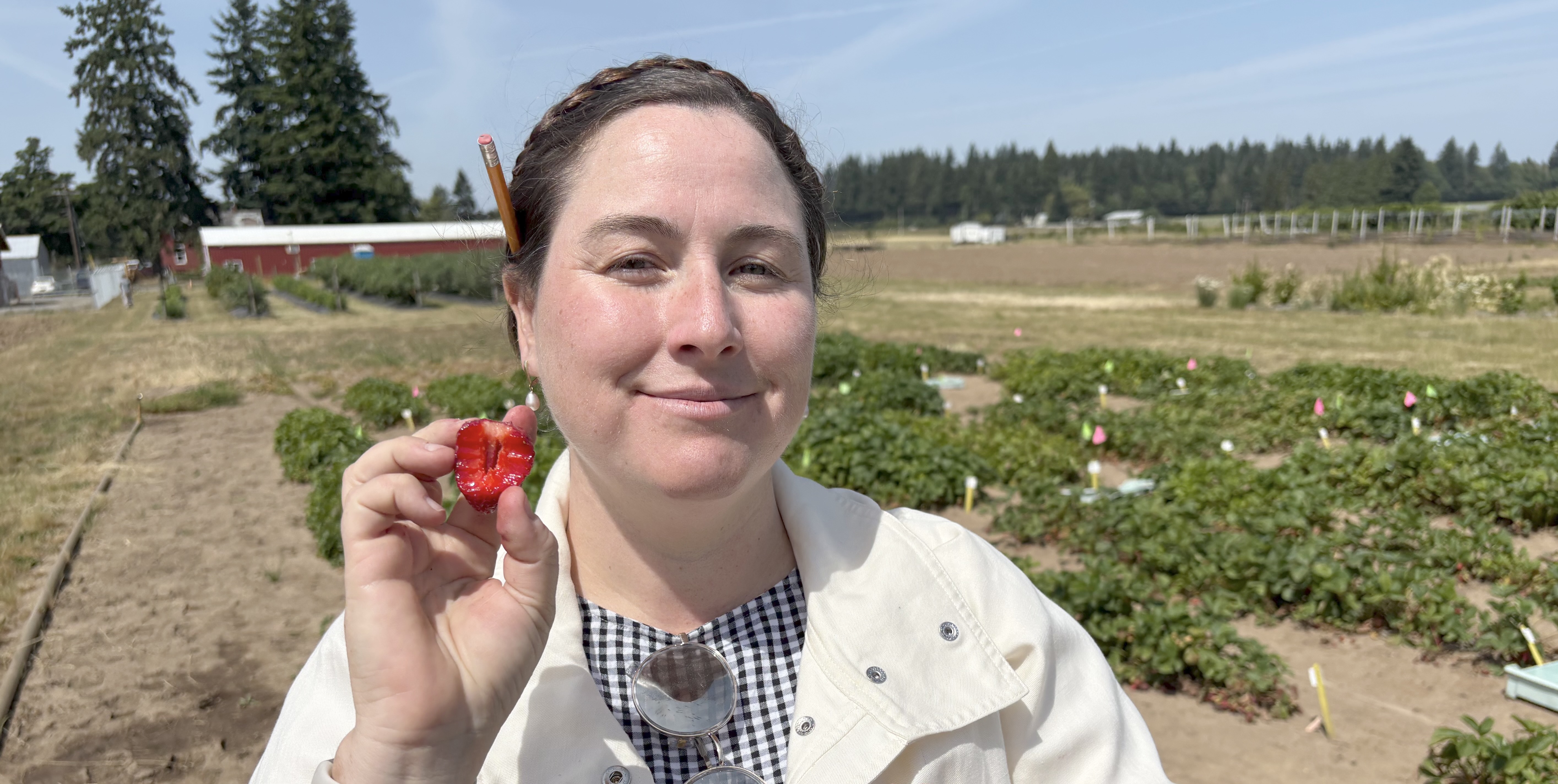Researchers consider biochar potential
Published 3:51 am Wednesday, January 8, 2014

- Matthew Weaver/Capital Press USDA Agricultural Research Service research plant physiologist Steve Griffith gestures during his presentation on biochar made from Kentucky bluegrass seed screenings Jan. 7 at the Washington State University Spokane County Extension office in Spokane.
SPOKANE — Researchers are examining potential farm and commercial uses for gasified charred organic matter — biochar — in soil applications as a possible additional use for waste products.
USDA Agricultural Research Service research plant physiologist Steve Griffith shared initial results of his project using biochar on acidic soils at David Gady’s Rockford, Wash., farm. Griffith used biochar made from gasified Kentucky bluegrass seed screenings.
The biochar he worked with may conserve soil moisture, provide nutrients or raise soil pH as a liming agent in a dryland wheat climate, he said. Using biochar as a soil amendment increased wheat yield from 26 bushels per acre on untreated soil to 67 bushels per acre, Griffith said.
The biochar was made using a farm-scale gasifier.
Peer-reviewed research on biochar varies greatly, Griffith said.
Before buying biochar, Griffith recommends asking for the chemical and physical characteristics, as well as cost.
“The reason we’re involved in this is there’s very little science to much of the biochar knowledge out there,” he said. “People are kind of guessing what biochar might do. People say biochar shows a great effect on growth, but where’s the data?”
Gasification also produces combustible gases that can be used to generate electricity and heat, which could be captured for use in greenhouses, said Gary Banowetz, research leader for USDA ARS in Corvallis, Ore.
Researchers will examine whether a gasification system could add income opportunities for farmers and seed mills.
“Our biggest implication is, can we take a waste product and create a value-added product out of it?” Banowetz said.
One company that hopes to commercialize biochar technology is Synthigen. Jed Morris, managing member for Synthigen and an attorney in Spokane, said the company formed several years ago to promote the technology.
“How that’s going to be done is yet to be determined,” he said. “Is it going to be a sale of the technology all together? Will it be licensing the technology? Will it be actually producing gasification units and selling them on the commercial market?”
The company hopes to ensure the gasification equipment remains farm-scale, so every medium-sized farm could buy a gasifier for less than the cost of a combine and use it on the farm, Morris said.
“You can’t afford to truck the raw material, the feed source, very far because it’s so light,” he said.
The current research uses bluegrass seed mill endings, but Morris thinks the technology and process could transfer to wheat or grass straw and wood products.
Griffith is adding plots on Gady’s farm next to his research plots from last year. He wants to see if pH and water-holding capacity are maintained and examine the effects of storage on biochar. He also wants to know more about the product’s ability to bind heavy metals.






